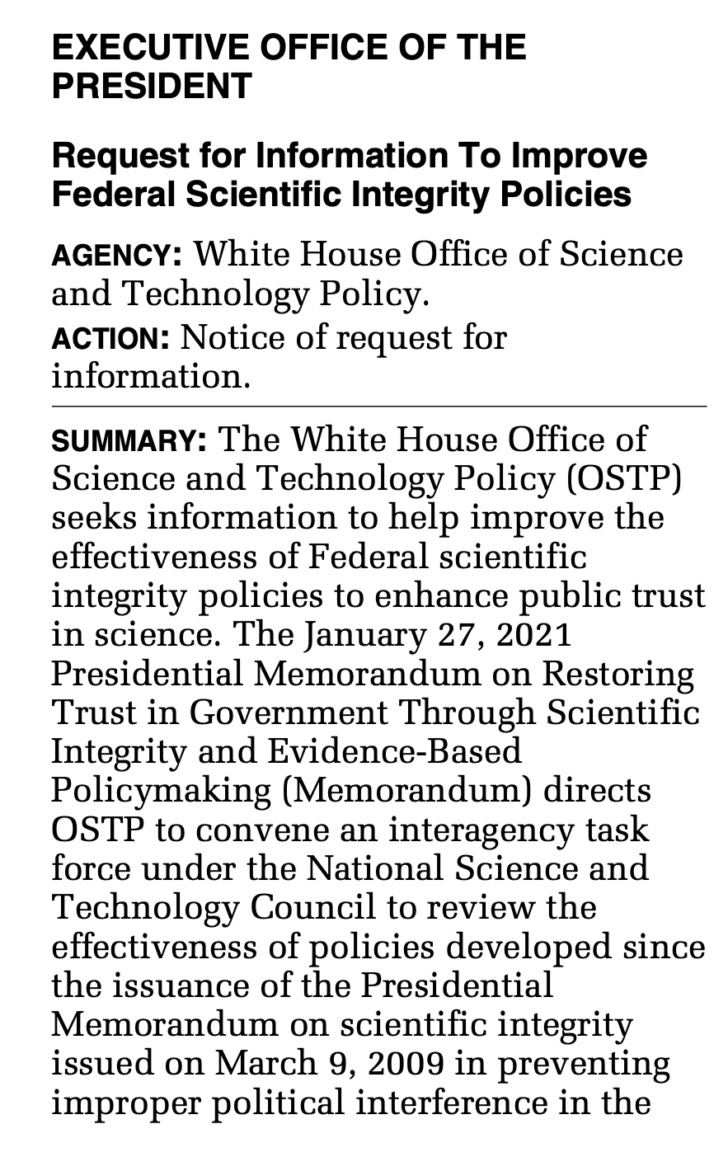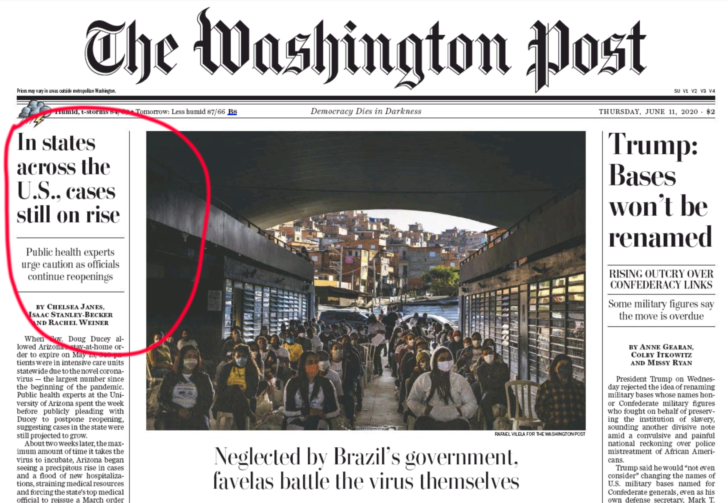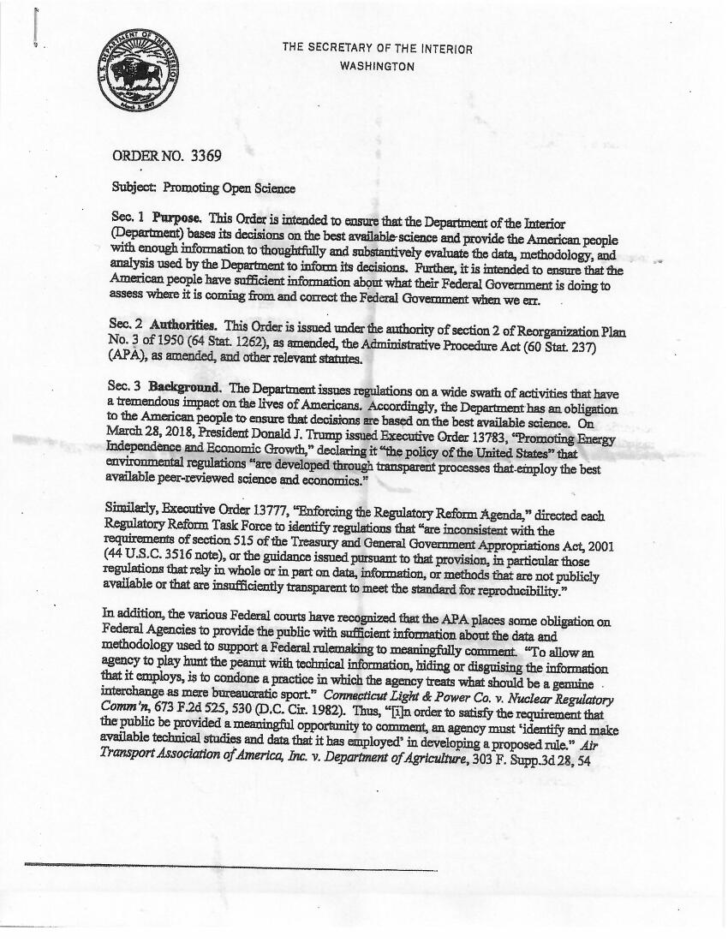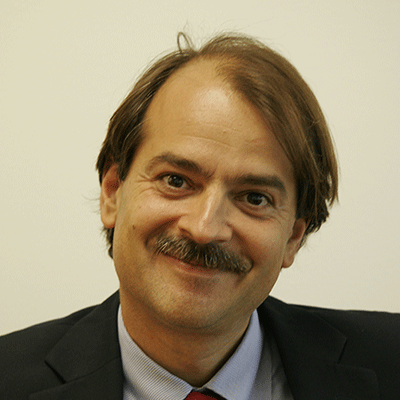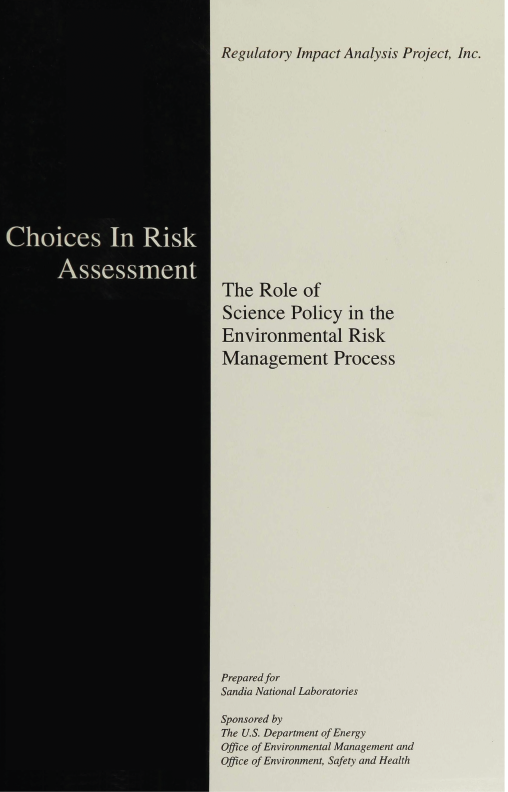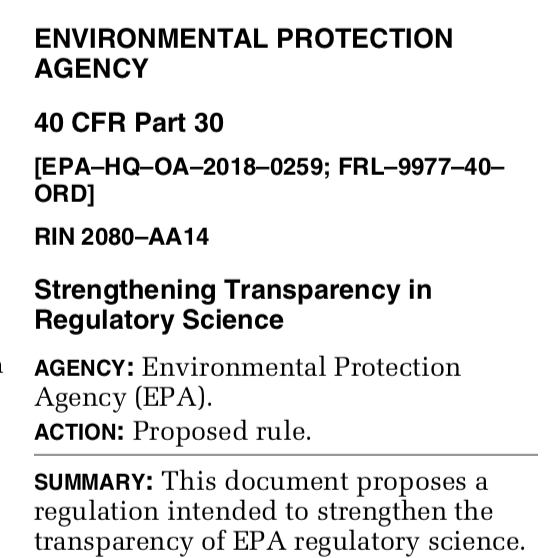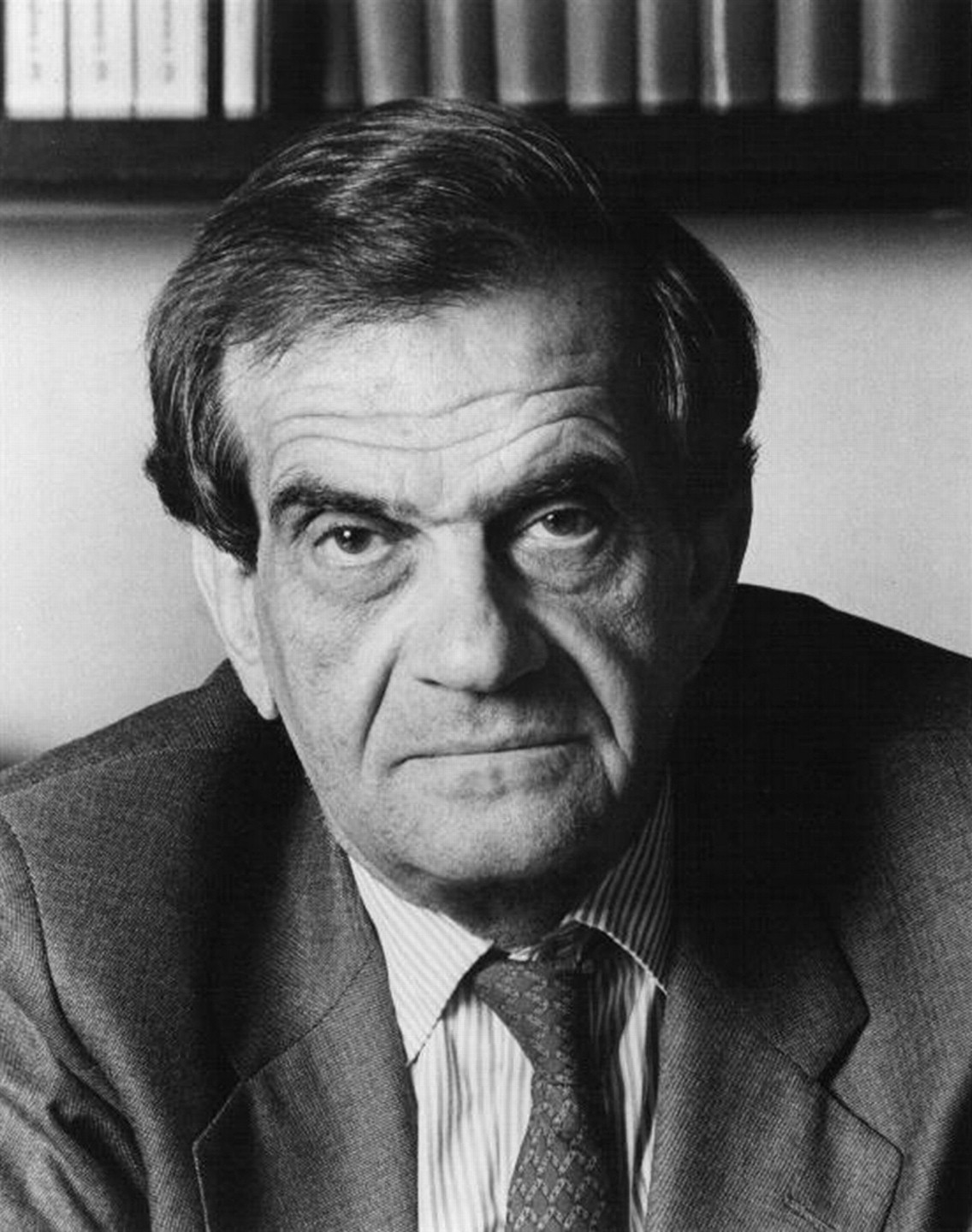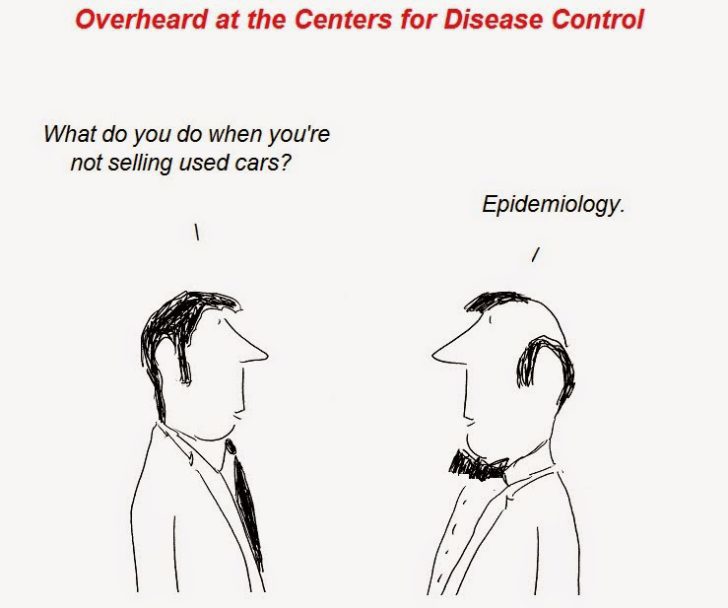Here are some thoughts from an e-mail chain I was on today about reproducibility in science. Colleague #1 noted that, in some fields, as much as 80% of the published science was not reproducible. Colleague #2 countered that his worked showed the opposite was true. My thoughts that I shared with my colleagues:
[Colleague #1] said 80% percent in “many areas of science” — not 80% of all studies.
Environmental epidemiology is certainly one of the fields where that is true [i.e., 80% being not reproducible].
Yet, blanket statements concerning reproducibility are not really what’s important.
The problem in science is a pervasive lack of basic honesty among too many people. As it turns out, scientists lie just as much as everyone else.
Unfortunately, a lot of bad apples have been able to surf the reputations and accomplishments of the greats in science.
When non-scientists hear “scientist” they tend imagine Einstein or Pasteur — when they should really be imagining Madoff or Ponzi.
There is no permanent solution to this problem because it is the human condition.
The only solution is peers having the courage to speak out when needed. But lack of courage among people is the #2 problem in science after dishonesty.
